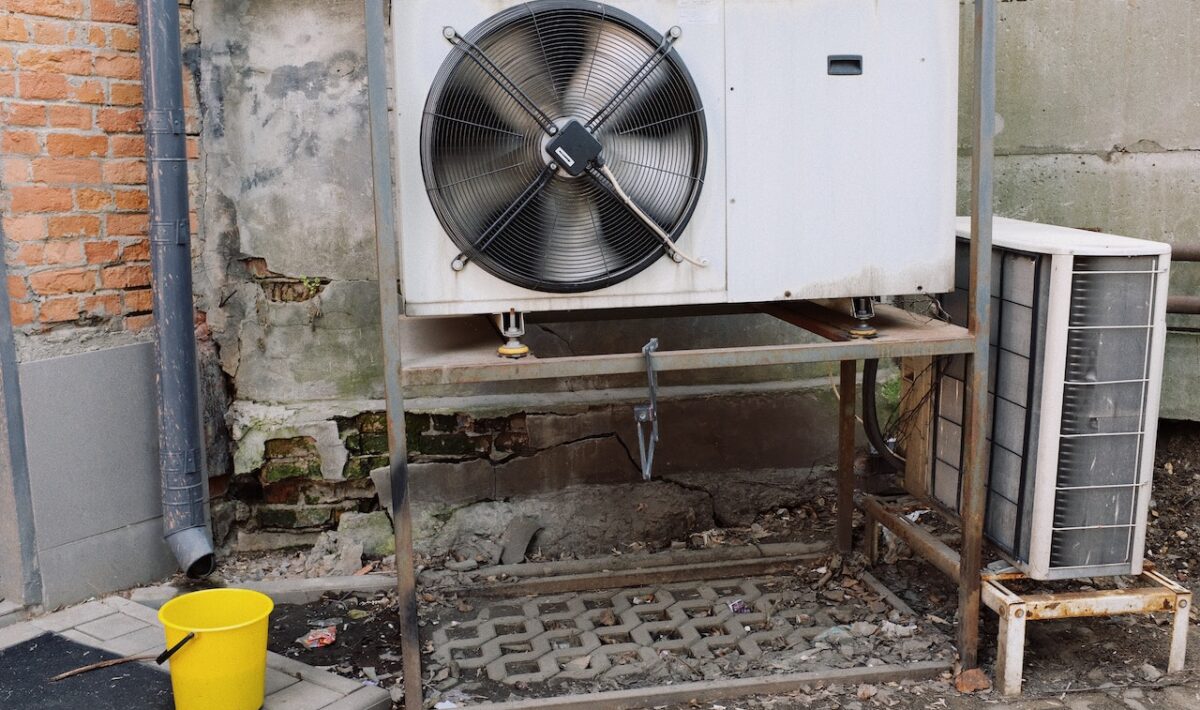As the cost of HVAC equipment continues to rise, it’s important to protect your investment by making sure it lasts as long as possible. There are several steps you can take to extend the life of your HVAC equipment, from regular maintenance to simple DIY tasks. Otherwise, you may need frequent heat pump repair and maintenance.
Making your heat pumps last longer
The single most important thing you can do to ensure the longevity of your HVAC equipment is to schedule regular maintenance checkups. A licensed professional should inspect your HVAC system at least once a year, ideally before the start of the heating or cooling season.
During these checkups, the technician will inspect and clean the various components of your heating pump, such as the air filter, blower motor, condenser coils, and compressor. They will also check the refrigerant levels, test the electrical connections, and make any necessary repairs.
Regular maintenance not only ensures that your heat pump system is running efficiently, but it can also catch small problems before they turn into major repairs. It’s much less expensive to fix a small problem than to replace an entire HVAC system.
Change Air Filters Regularly
One of the simplest and most effective things you can do to extend the life of your HVAC system is to change the air filters regularly. The air filter is responsible for trapping dust, dirt, and other particles in the air, preventing them from entering your heating system.
Over time, these particles can clog the air filter, making it harder for your HVAC system to circulate air. This can cause the system to work harder than it needs to, leading to increased wear and tear on the components.
To prevent this, you should change your air filters every one to three months, depending on how often you use your HVAC system. It’s a quick and easy task that can be done in just a few minutes, but it can have a big impact on the lifespan of your HVAC equipment.
Keep the Area Around Your HVAC Equipment Clear
Your HVAC equipment needs plenty of room to breathe. If there is clutter or debris around your HVAC equipment, it can restrict airflow, causing your system to work harder than it needs to.
To prevent this, make sure the area around your HVAC equipment is clear of clutter, and keep plants, shrubs, and other vegetation at least two feet away. This will ensure that your HVAC system has plenty of room to circulate air, reducing the strain on the components.
Install a Programmable Thermostat
Installing a programmable thermostat can help extend the life of your HVAC equipment by reducing wear and tear on the components. With a programmable thermostat, you can set your HVAC system to turn on and off automatically at set times, depending on your schedule.
This means that your heat pump won’t have to work as hard to maintain a consistent temperature, reducing the wear and tear on the components. It can also help reduce your energy bills by only heating or cooling your home when you need it.
Clean Your HVAC Equipment Regularly
Dirt and debris can build up on your HVAC equipment over time, reducing its efficiency and lifespan. To prevent this, you should clean your HVAC equipment regularly.
Use a soft-bristled brush to remove any dirt or debris from the outside of your HVAC equipment, and vacuum the interior to remove any dust or debris that has accumulated.
Conclusion
Your HVAC equipment is designed to heat or cool your home to a specific temperature range. If you try to push your HVAC system beyond its limits, you can cause it to wear out more quickly.
To prevent this, avoid setting your thermostat to extreme temperatures, and try to maintain a consistent temperature throughout the day. This will reduce the strain on your HVAC system, helping it to last longer. Also, do not forget to reach out to heat pump repair services Tyson’s Corner if something is wrong with your heating system.


